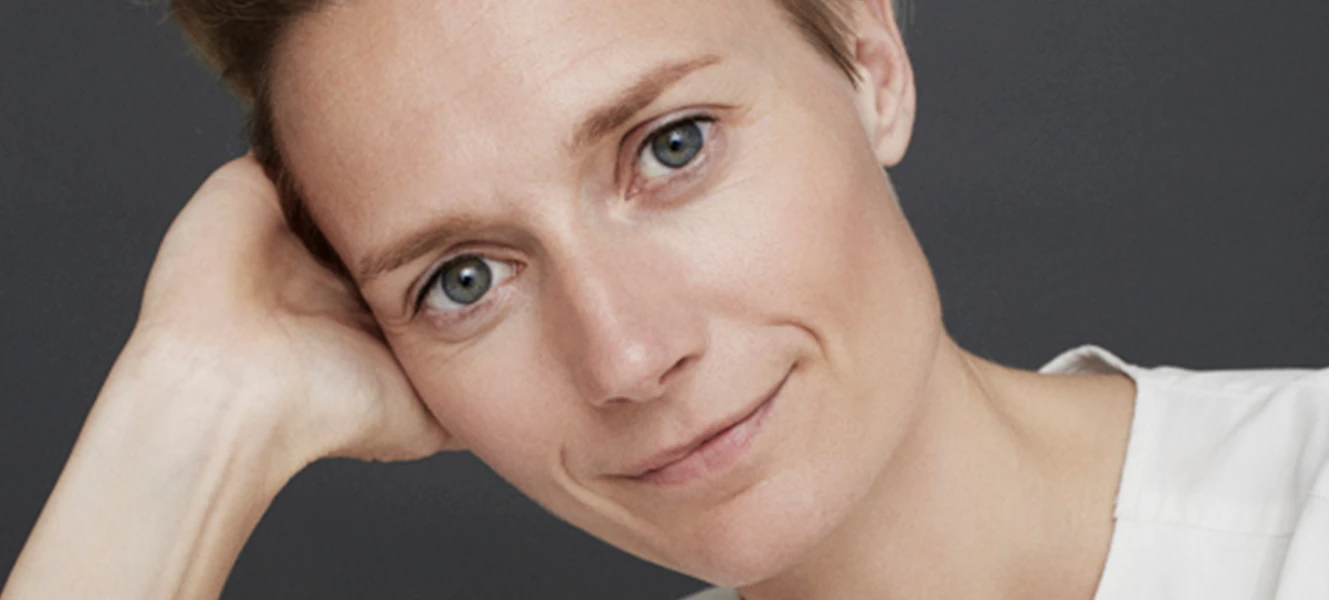
Pass it on
Vigga Svensson had a dream. A dream to dress babies in soft and trendy clothes but also a dream to do it with proper consideration for the environment. With the foundation of the company VIGGA, the dream has come true.
-VIGGA is based on the notion that sharing and recycling as much as we can will enable us to take better care of our blue planet, says the founder Vigga Svensson.
About VIGGA
The clothing industry is one of the most polluting industries there is and the problem with most baby clothes is that you only use them a few times and then you put them away. So you can have a very sustainable production process but if the clothes are only used a few times, it does not really matter.
VIGGA is based on the concept of circular economy and a subscription scheme for new parents. You receive a package with basic clothes and when the baby has outgrown them, you return the package and receive a new one and the clothes are then sent on to a new family. The idea is to prolong the life cycle of the clothes.
However, this means that the first family has washed the clothes several times. They then send them to VIGGA where they are washed again before they are sent to a new family. This requires the clothes to be of excellent quality. Because what types of materials can withstand repeated wash and wear by multiple families and still maintain the nice feel for the family who will receive the clothes last?
This is where Kolding School of Design’s researchers come in. They will help investigate sustainable design and how children’s clothes are used – both by analyzing materials/textiles and the design of the clothes and how they are received by the final user.
Children’s fashion, sharing economy and recycling as research objects
Kolding School of Design collaborates with the University of Southern Denmark, VIGGA, Plan Miljø and Innonet Lifestyle on a research and development project that focuses on children’s fashion, sharing economy and recycling. Researchers from Kolding School of Design and the University of Southern Denmark investigate, for instance, what factors are at play when parents pick out clothes for their small children, including what makes them subscribe for the VIGGA concept. And they explore what happens when focus shifts from products to consumers and consumer behaviour. The study is mainly empirical and considers a number of factors and players of the VIGGA circular system.
The special role of the Design School
Kolding School of Design has been given the special task of developing new designs and knitting materials that will meet the requirements of a subscription scheme in terms of aesthetics, sustainability, wear and maintenance of children’s wear. VIGGA uses only GOTS (Global Organic Textile Standard) organic cotton grown in India where the production is. On average, each piece of clothing is used by eight different families.
-The challenge is to design within VIGGA’s production framework and the unpredictable life that the clothes will have with the users. Also the clothes must age beautifully in order for all the families to have a positive experience throughout the lifecycle of the clothes, says Associate Professor at Kolding School of Design Vibeke Riisberg.
The project is funded by the Danish Business Authority’s Green Transition Fund and runs 2014-2016.
“Kolding School of Design collaborates with the University of Southern Denmark, VIGGA, Plan Miljø and Innonet Lifestyle on a research and development project that focuses on children’s fashion, sharing economy and recycling.”


